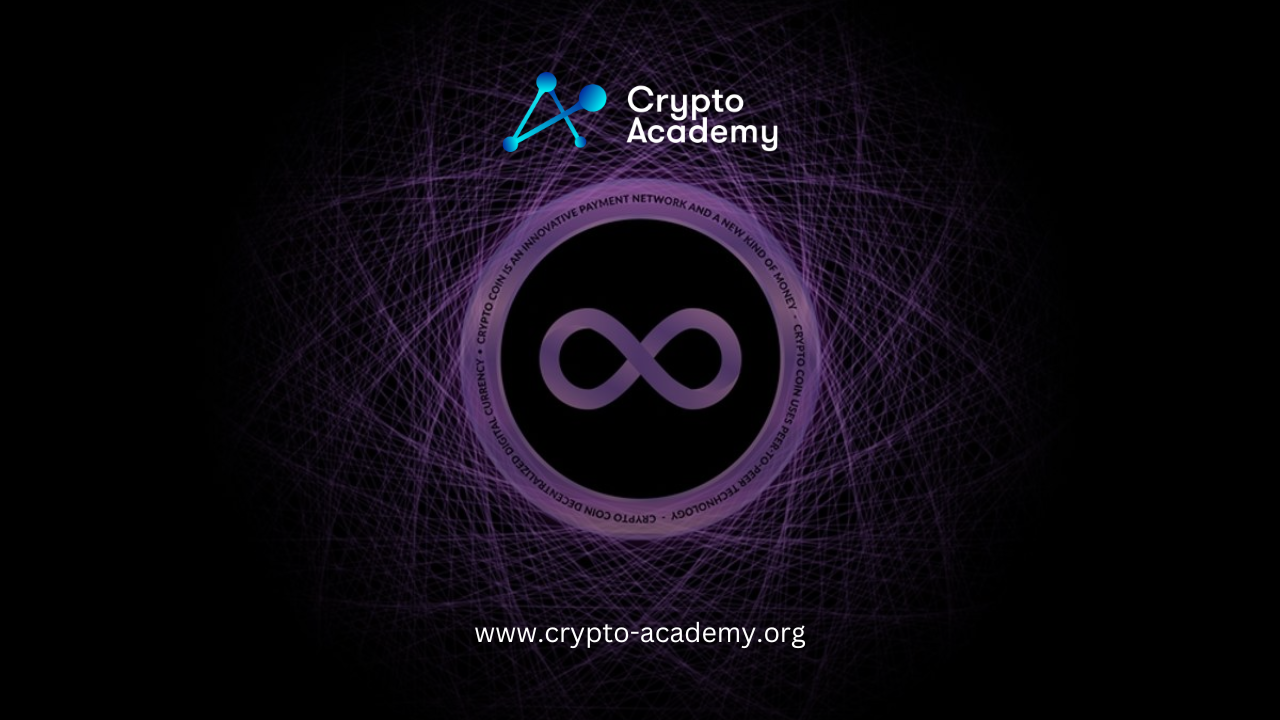Internet Computer Rolls Out Verified Credentials

Internet Computer, one of the leading decentralized blockchain networks by market cap, has introduced Verified Credentials (VC). This new feature aims to facilitate efficient and secure personal data sharing in the Web3 environment.
Combating Fake News and Spam
Verified Credentials is designed to combat the proliferation of fake news and spam on social media by eliminating bots and fake accounts. Unlike popular platforms like MetaMask and OKX Wallet, VC will offer a walletless infrastructure, allowing users to issue, share, and consume credentials privately. This innovation addresses long-standing online authentication issues, requiring only a device with a passkey and a browser.
VC is a crucial component of Internet Identity, which is one of the nine central focus areas of the Internet Protocol. Other focus areas include decentralized artificial intelligence (AI), Chain Fusion—which enables integration with blockchains like Ethereum and Solana—platform decentralization, and digital assets.
A significant enhancement VC brings is the ability to assign identity attributes to users’ internet identities, which is a step beyond the pseudonymous identities assigned by platforms like MetaMask.
Continuous Ecosystem Evolution
Since its launch in 2021, Internet Computer has consistently expanded its ecosystem with innovative features. One notable addition was Chain-key Bitcoin (ckBTC), a token backed 1:1 by Bitcoin, which currently has over $17 million in total value locked (TVL).
The ecosystem has also grown to include decentralized applications (dApps) such as Helix Markets, Funded, Orally, and ICDex. Developers are drawn to Internet Computer for its comprehensive features necessary for dApp deployment, including EVM smart contracts. With a market cap exceeding $3.7 billion, Internet Computer’s native token, ICP, ranks as the 24th largest cryptocurrency in the market.
Internet Computer’s launch of Verified Credentials marks a significant advancement in Web3 security and privacy. By addressing critical issues related to online authentication and data sharing, it sets a new standard for decentralized networks. This development underscores the network’s commitment to innovation and security in the rapidly evolving blockchain landscape.

Comments are closed.